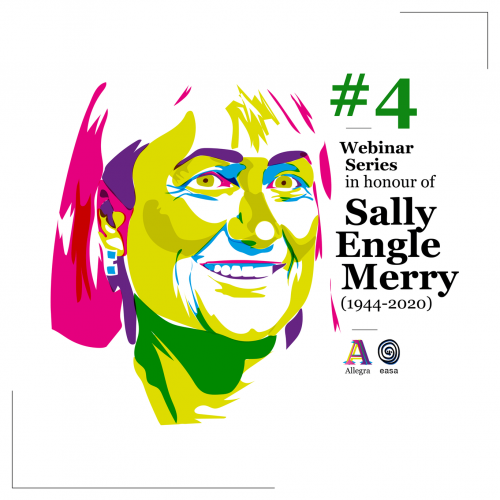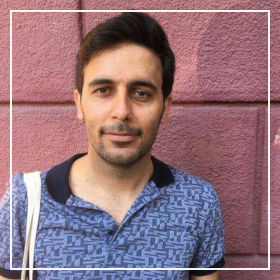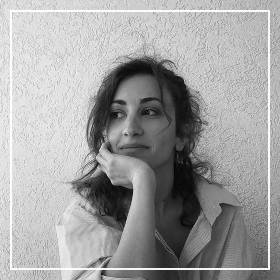When: 12 February 2021 / 2-3.30 pm CET
Link: https://zoom.us/j/93210372616pwd=dTZZ…
ID: 93210372616
Password: 4JzWZ6
Abstract
This paper examines how expert witness reports use the grammatical components of Turkish language such as evidentials and tense-structure to produce, contest, and redefine medico-legal evidence in occupational diseases lawsuits in Turkey. Turkey ranks lowest in occupational diseases in Europe. This is curious, because Turkey ranks first in Europe in deadly occupational accidents. A critical look at the official statistics partly explains this discrepancy. For example, in 2013, only three percent of applicants for occupational disease certification at expert hospitals were granted certificates making them eligible for compensation. On the other hand, thirty-one percent of workers with occupational accidents were granted compensation (SGK 2013). Unlike occupational accidents where causality is evident because of the specificity of the time and space in which the accident occurs, many occupational diseases unfold over several years and their stabilization as disease is enmeshed in a host of medico-legal institutions and social actors. Drawing on an ongoing ethnographic research on documentation of occupational diseases in Turkey, this paper argues that the dispersed unfolding of occupational diseases shapes the translation of uncertain bio-social realities of the patients by experts into legal causation in tort cases. How are the wounds of laboring translated between medical and legal reasonings regulating occupational injury claims in Turkey? What work does this forensic translation by experts do for the authority of medical knowledge and that of law? How do forms of narrating in/direct experience in Turkish language inform certainty expectations of law, and uncertainties of scientific knowledge for occupational diseases?






